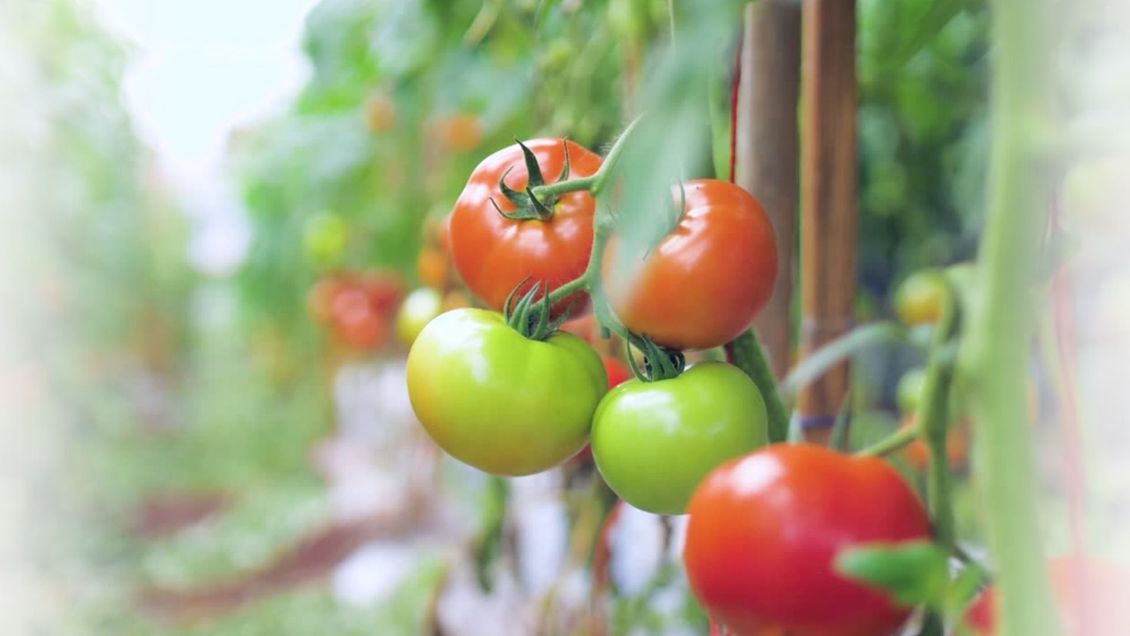
In her book Animal, Vegetable, Miracle: A Year of Food Life, Pulitzer prize-winning novelist Barbara Kingsolver wrote:
"Growing food was the first activity that gave us enough prosperity to stay in one place, form complex social groups, tell our stories, and build our cities."
Once upon a time, the kitchen garden was an outdoor garden, located within easy reach of the kitchen, where crops like salad vegetables and herbs were grown for use in day-to-day cooking. You’d go out there to pick the produce you needed for your meal.
But in many areas of the world today, outdoor space is hard to come by. Many people don’t have access to their own garden – and particularly in urban areas, the idea of a sustainable kitchen garden feels pretty out of reach.
Until now, perhaps. Food tech startups are redefining the kitchen garden: bringing the growing process right into the kitchen to maximise productivity with minimal space and resources.
We recently published a blog post about opportunities in Saudi Arabia’s vibrant F&B industry. And Natufia Smart Garden, a startup that relocated from Estonia to Saudi Arabia in 2021, is leveraging the energy in the sector – with its innovative at-home automated smart garden.
Natufia’s garden system uses automated hydroponic technology – which means there’s no soil in the culture, and plants are grown effortlessly; with minimal intervention needed. It’s designed to give households complete control over the greens they consume, without relying on uncertain climate, weather events, or changing seasons.
Indoor farming technology brings food production into the home. It’s the kitchen garden, but modernised – and while we’re a long way from systems like this being affordable for the majority of households, it could provide clues as to how food startups can support food security in the future – through small-scale, highly localised production.
Yep. Other startups in this emerging space include:
For health-conscious consumers who love the idea of growing their own food but don’t have the time, space, or skill to cultivate a traditional kitchen garden, indoor smart gardens are a bit of a revelation.
They’re largely low-maintenance, providing the grower with everything they need to successfully nurture plants from seed-to-plate.
And there could be a valuable mental health benefit, too. Studies like this one have found that looking at plants can reduce psychological and physiological stress. And anecdotal evidence suggests that growing your own food gives you a ‘harvesting high’ – a dopamine boost that makes you feel happier.
So it’s good news if more of us can make the most of new technologies to produce at least a little of our food at home. Innovative food entrepreneurs are planting the seeds for a new wave of kitchen gardeners to reap the benefits of bringing the outside in.
Take your seat at the InFlavour table, a government-backed and world-leading B2B food event by Tahaluf.
E-mail address SubmitWant to keep up to date with all our latest news and information? Enter your name below to be added to our mailing list.
E-mail address Submit